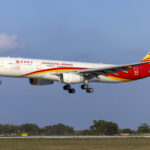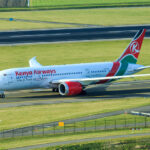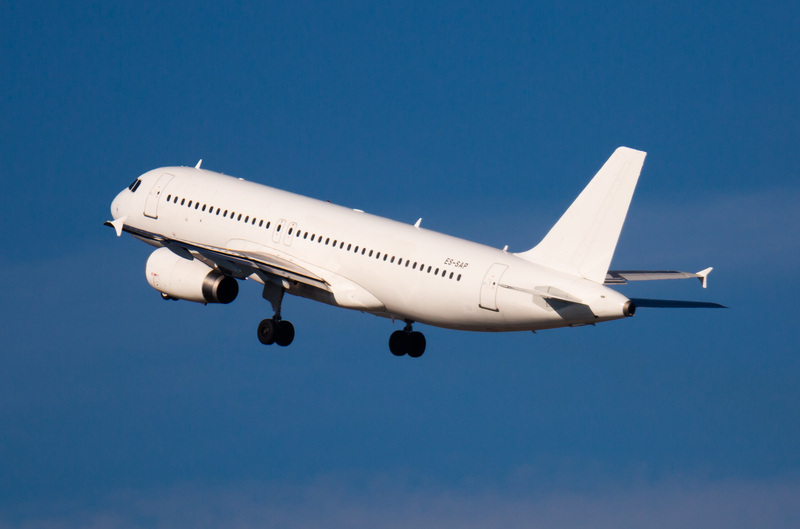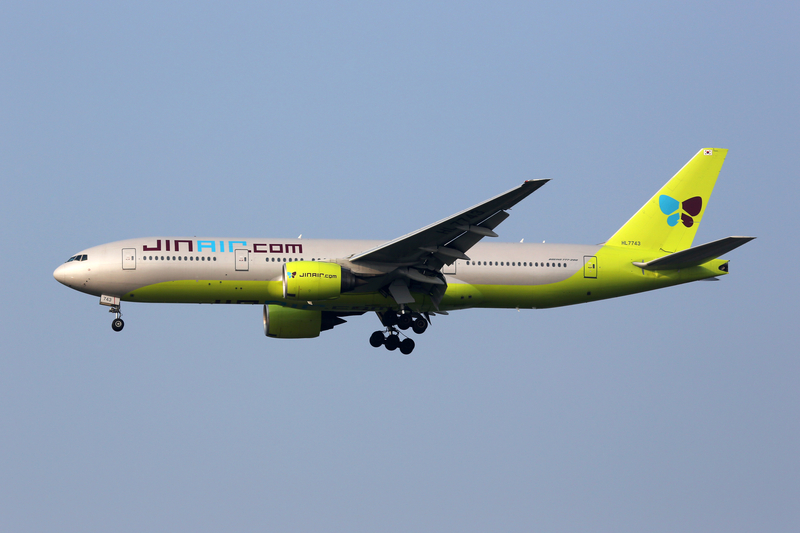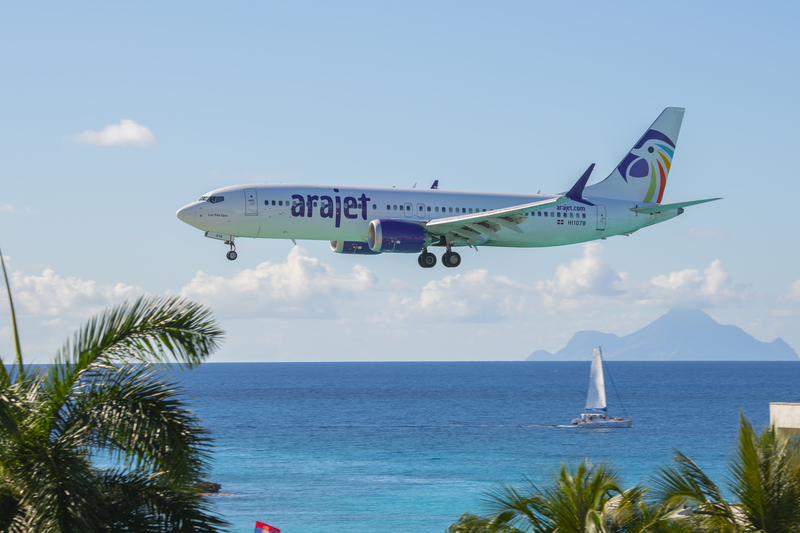Airlines Pull Back From Venezuela as FAA Warns of Rising Risk
A growing wave of international airlines is suspending service to Venezuela after the U.S. Federal Aviation Administration issued a security warning about the country’s airspace. The notice doesn’t formally ban flights, but it paints a picture of a rapidly deteriorating situation—one that carriers appear unwilling to gamble with as geopolitical pressure ramps up.
The FAA alert, released on November 21, 2025, urged airlines operating to or over Venezuela to “exercise caution” due to a worsening security environment and heightened military activity in or around the country. That kind of language is rare outside active conflict zones, and it’s enough to trigger immediate risk reviews at most airlines.
Which Airlines Have Suspended Flights?
Within hours of the FAA notice, multiple foreign carriers began pulling their Caracas schedules. The number has since climbed to at least six airlines freezing operations into Simón Bolívar International Airport, with some suspensions starting the same day the warning went public.
Avianca, one of Venezuela’s most important regional links, halted its Bogotá–Caracas flights first. TAP Air Portugal and Iberia followed, pausing their European services to the Venezuelan capital while they reassess safety conditions. Brazilian operator GOL also suspended its Caracas service, and LATAM and Caribbean Airlines have now joined the list. Turkish Airlines has additionally placed a short-term pause on its Venezuela flying, underscoring how broad the concern has become.
None of these airlines have given firm restart dates yet, which usually signals that they’re waiting for a clear shift in either the security outlook or international guidance.
Why The FAA Warning Matters So Much
The FAA’s role here is less about policing foreign airlines and more about shaping the global risk picture. Even for non-U.S. carriers, an FAA notice acts like a bright red flare: it informs insurers, airport authorities, and other regulators that conditions could change quickly.
The warning stems from fears that escalating military activity could pose hazards to civilian aircraft at any altitude. While Venezuela’s airspace hasn’t been formally closed, the concern is that sudden conflict, misidentification, or spillover from military operations could put commercial flights at risk—especially near Caracas and along major arrival corridors.
The Broader Geopolitical Backdrop
This isn’t happening in a vacuum. The U.S. has sharply increased pressure on President Nicolás Maduro’s government in recent weeks, and military assets have been repositioning in the Caribbean. Public statements from Washington have ranged from threats of force to hints of regime-change ambitions, and the region has responded accordingly.
For airlines, the exact politics matter less than the volatility they create. Commercial aviation runs on predictability. When the risk of abrupt airspace closures, military escalation, or hostile incidents rises, carriers typically step back first and ask questions later.
What This Means for Travelers
For passengers, the fallout is immediate. With several major international operators gone, seat capacity into Venezuela is shrinking fast. That usually pushes fares higher, reduces scheduling flexibility, and forces more travelers onto indirect routings through hubs like Panama City, Bogotá, or Santo Domingo—assuming those connections remain stable.
It also leaves Venezuela more dependent on a much smaller pool of remaining operators, including local carriers and a handful of foreign airlines still willing to fly. If the situation worsens, even those airlines may reconsider, which could isolate the country further by air.
Bottom Line
Airlines are rapidly suspending flights to Venezuela after the FAA warned of a worsening security situation and heightened military activity. At least six carriers—Avianca, TAP, Iberia, GOL, LATAM, and Caribbean Airlines—have already pulled their Caracas schedules, with others monitoring the situation closely. Until the geopolitical temperature drops and regulators signal improved safety, Venezuela’s international air links are likely to remain fragile and reduced.


